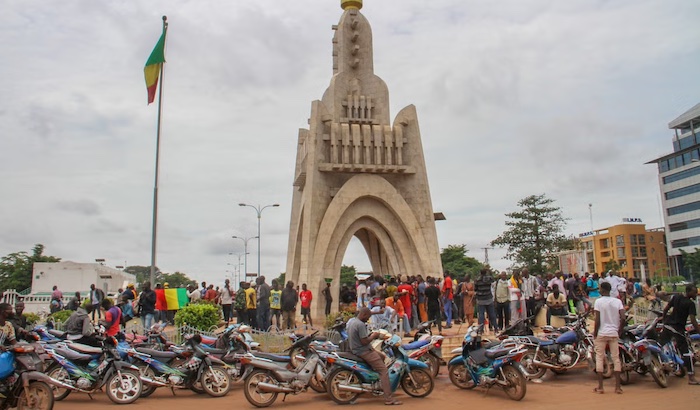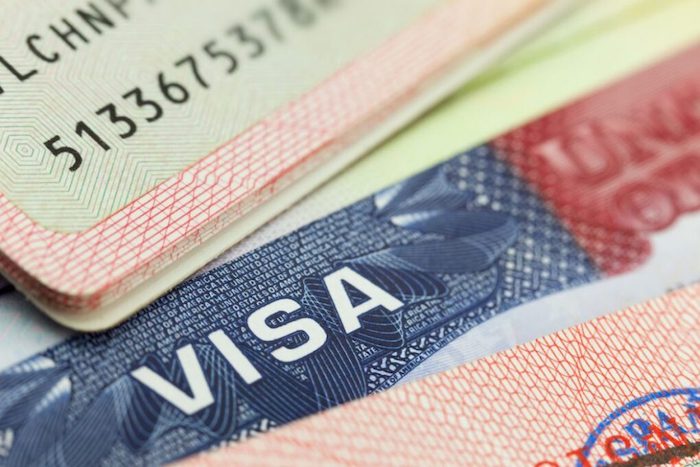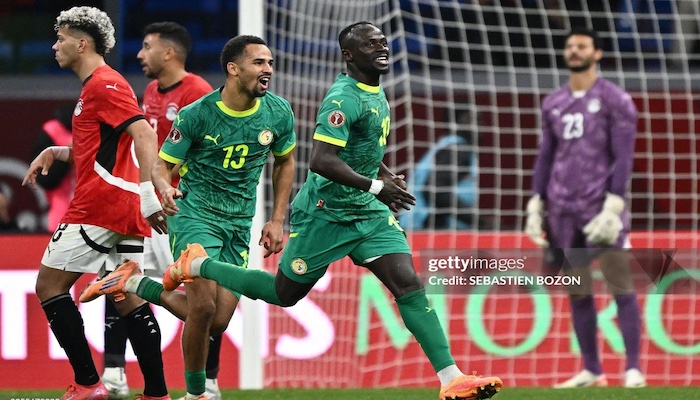
Long lines stretched across gas stations in Mali’s capital, Bamako, on Tuesday as residents desperately searched for fuel amid a growing crisis caused by a blockade of fuel imports by militants linked to al-Qaida.
The blockade, declared in early September by Jama’at Nusrat al-Islam wal-Muslimin (JNIM), has left commuters and businesses struggling as supplies run dry. Bakary Coulibaly, who resells petrol from a roadside kiosk, said he was finding it increasingly difficult to source fuel. “It is only a few stations that have it,” he said.
At one gas station, motorcycles and cars crowded in tight queues, with tempers flaring as people argued and fought for a chance to fill their tanks.
Douga Barry, a motorcycle taxi driver, said he was determined to endure the hardship. “We know we are at war, whatever the situation, and we are ready to take it on. Even if we have to stop our motorcycles to walk, we are ready for it,” he said.
Militants from JNIM have continued attacking tanker convoys travelling from neighbouring Senegal and Ivory Coast, cutting off key supply routes to the landlocked West African nation. The disruption has plunged Bamako into turmoil, aggravating existing economic hardship.
Despite being one of Africa’s leading gold producers, Mali remains the sixth least developed nation in the world, with nearly half its citizens living below the poverty line.
Analysts warn that the blockade poses serious risks to the fragile economy and undermines the credibility of Mali’s military junta, which seized power in 2021 on promises of restoring security. Instead, attacks by al-Qaida and Islamic State-linked groups have intensified in recent months.
A report by the Malian Petroleum Importers Association last month revealed that over 100 fuel tankers had been burned and destroyed by JNIM fighters.
In response, the Malian army has begun escorting truck convoys along routes between Bamako and the borders with Senegal and Ivory Coast. The military announced on Monday that it had destroyed JNIM hideouts linked to a recent attack on a fuel convoy in Kolondiéba, near the Ivorian border.
Faridah Abdulkadiri



